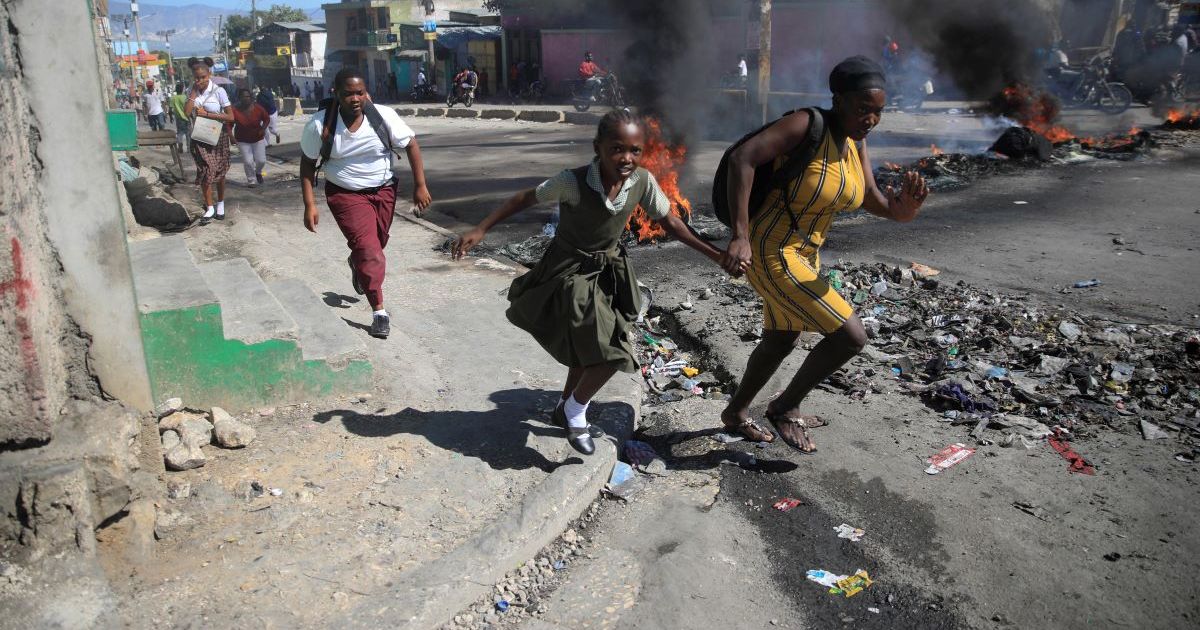She wants to “keep smiling”, aware that “others have much worse situations”. But Danielle *, 58, still cannot help but be worried about her future, since the pension reform was presented on January 10. Responsible for the communication of a company in the textile industry, this mother of three children lost her job a few weeks ago for economic reasons. “Since then, I’ve done two interviews, and I felt that my age was a problem. One of the recruiters even asked me if I was up to date with new trends on social networks, when it was is still the heart of my job”, she testifies.
Emmanuel Macron’s flagship project, contested in the streets by all the unions, notably provides for the raising of the retirement age to 64 by 2030. For Danielle, this measure is “worrying” . “If at 58 I’m already on the floor for the world of work, I can’t even imagine as I approach 64. It seems that the government does not know the difficulties of seniors.”
If the 5 million executives generally enjoy a very favorable unemployment rate – it was 4.1% on average in 2021, against 7.9% for all workers -, the situation of seniors in this category socio-professional is more complicated. At the end of January 2021, of the 700,000 people looking for a management position registered with Pôle emploi, 112,000 were over 55 years old – of whom 36% were long-term job seekers -, according to a survey carried out by the Association for employment of executives (Apec). While two-thirds of senior executives were actively looking for a job, 89% of them felt age was “a discriminating factor”.
For Robert, 61, executives also suffer from a problem of perception in public opinion. “It is believed that all are immensely privileged graduates of great schools, and that they are therefore not affected by the reform. However, many become executives through experience, by climbing the ladder.” Today a manager in the telecommunications sector, Robert, for example, started as an apprentice at the age of 19. However, despite his “long career” – a device that allows early retirement – the latter will have to work “five months more” compared to what was planned before the reform, to finish at 62 and a half. Previously, people who started working before the age of 20, which is the majority of early departures for long careers, could leave at age 62. “We say to ourselves that a few more months is nothing. But psychologically, when we have planned projects or when we start to tire, it’s hard,” he admits.
Especially since hardship at work, accounted for in the professional prevention account (C2P) set up at the end of 2017, and whose obtaining points allows early retirement, does not take into account the psychological dimension. However, for Michelle, 58, executives can also undergo “a mental burden”. “At our age, we manage stressful situations less well. Between meetings or the pressure of the result, we sometimes have trouble coping, but we don’t talk about it, because we know that we still have positions advantageous”, says the one who has worked in human resources for more than fifteen years, and who will also have to retire later, with the reform. In a survey carried out by Cadremploi in 2019, no less than one in two executives claimed to have already suffered a burnout. “Whatever our social position, we have the impression that seniors will always be wronged,” concludes Michelle.
*Name has been changed.


